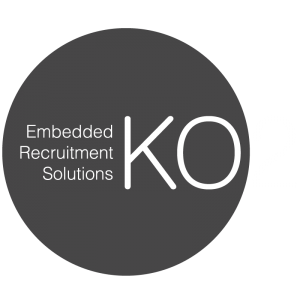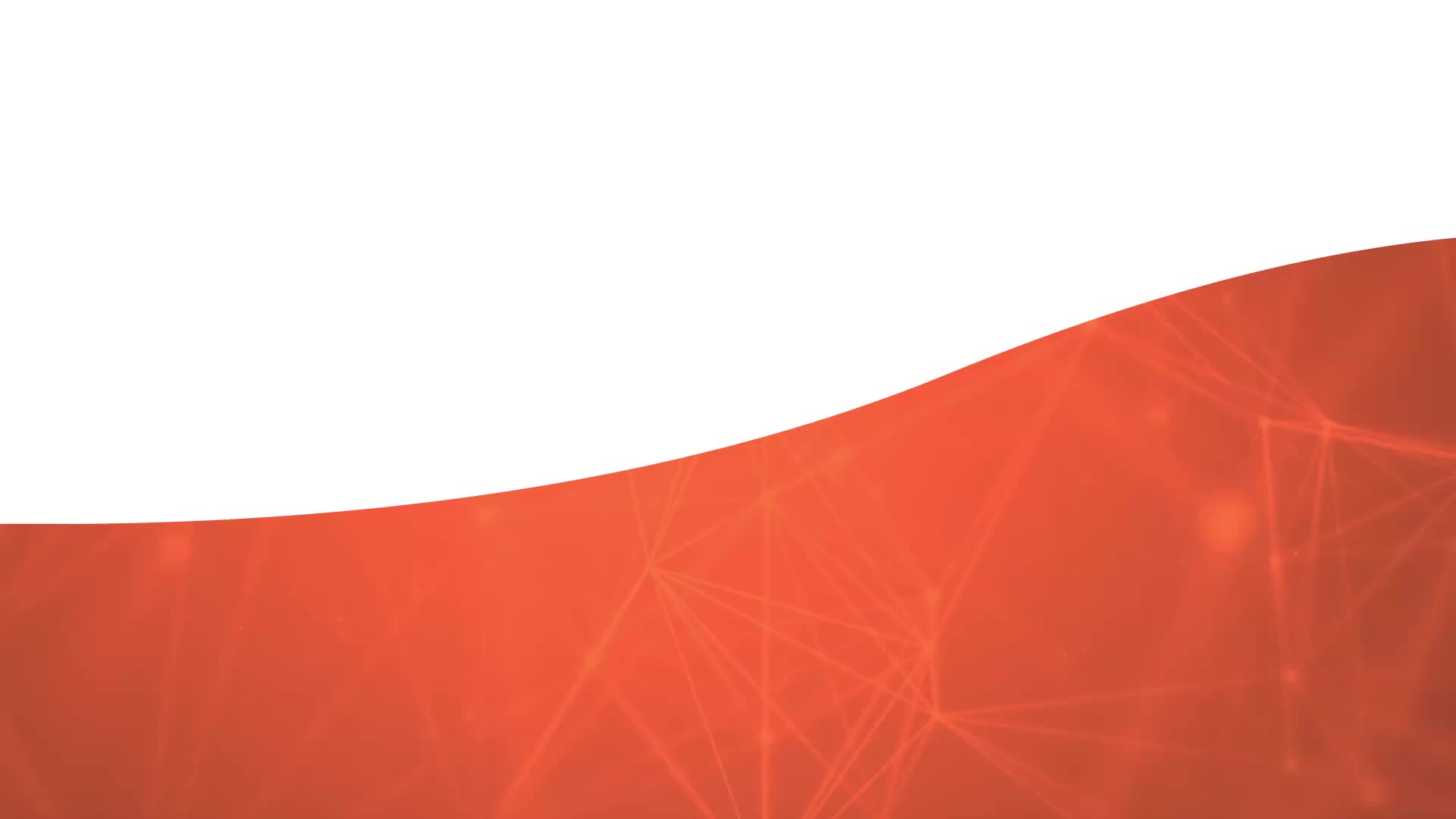C++ is one of the widest-used programming languages in the world. Plenty of software developers use this language daily, and there are plenty of roles that require developers to use this language specifically in their work.
A specialist C++ developer is quite a senior role that candidates often move into after working as a general software developer for the first part of their career. If you have a knack for the programming language or really enjoy the kinds of projects that C++ is best for then you may be considering a role as a C++ developer, which is particularly common in the electronics and embedded systems industry.
In this post, we explain how to become a C++ developer, the typical career path for this role, and some of the most important skills that it requires.
What is a C++ Developer?
A C++ developer is a software developer who can use the programming language C++. They may also be proficient in other coding languages, but work specifically with C++ to write a range of programs and applications.
C++ programming jobs range from general software development positions that sometimes involve the language to specialist roles requiring extensive experience and skill in using C++. C++ developers often work in the electronics and embedded systems industry as software engineers or developers and will work on a wide variety of projects that involve C++ software.
What is C++ Used For?
C++ is a programming language that is used for writing code in a wide variety of contexts. It’s an incredibly versatile general-purpose, object-oriented and cross-platform language that is used for a wide range of different programming projects, from basic application design to game development.
A lot of software developers also use C++ to write programs and software for embedded systems, since it’s low-level, simple and very scalable. These embedded systems may be used as part of medical devices, home appliances, wearable devices like smartwatches and heating or home security systems.
What Does a C++ Developer Do?
The role of a C++ developer revolves around using the programming language, but the day-to-day responsibilities can vary quite a lot. Here’s a breakdown of what you might have to do as part of most C++ developer jobs.
- Writing, editing and analysing C++ code
- Conceptualising C++ solutions
- Applying knowledge of C++ to design and create software or program
- Responding to client briefs and requests with proposals for new software or programs
- Devising solutions for improving existing software with C++ code
- Running tests on C++ code throughout the development process to ensure quality and check for errors
- Troubleshooting any errors identified in C++ code during the development process and finding effective solutions
- Editing and improving C++ script
- Ensuring a high quality of C++ programming throughout all of the finished code
- Implementing C++ software solutions that have been designed
- Maintaining C++ code to ensure the continued quality of software and programs
- Repairing errors in C++ code that have developed after the software has been installed in existing devices or equipment
- Developing documentation alongside new software and writing instructions for how to use it
- Keeping up-to-date with changes or developments in C++ standards and versions
- Working with other developers to meet deadlines and provide deliverables
C++ Developer Career Path
The entry point for a career in software development is usually a university-level qualification, but there are steps you can take before this to ensure that you’re going to have the best possible chance of succeeding on the career path of a C++ developer.
In order to study most computing/engineering degrees at university, you will need to have achieved at least a C or above in Maths and English Language at GCSE. Many degrees also require you to have taken relevant subjects at A Level, such as Maths, Further Maths, IT or Computer Science.
You can also take an equivalent BTEC in IT or Computer Science, or may be able to undertake an apprenticeship where you learn the relevant coding skills to work towards a career as a C++ developer.
One of the best ways to get into C++ programming jobs is to study a Higher Education qualification at university that will give you either a BSc or MSc degree. There is a range of different degrees you can study that are useful for becoming a developer, including:
- Electrical Engineering
- Electronics Engineering
- Computer Science
- IT
- Mathematics
- Software or Systems Engineering
Many candidates that study a STEM degree choose to pursue it to a Master’s level, which can be particularly useful if you end up working on a project that involves programming in C++. Whilst some jobs may prefer applicants to have an MSc qualification, this is by no means a necessary requirement for becoming a C++ developer.
Many IT and engineering degrees teach students a range of different programming languages, so it’s often more useful to choose a subject that links to the industry you want to work as a C++ developer in so that you can learn useful theory related to this, such as studying an electronic engineer degree if you want to design embedded systems software.
Not all degree qualifications provide in-depth tuition in programming languages like C++, so it may be worth teaching and practising writing code in this language in your own time. There are also plenty of tutorials and courses online that you can study to improve your skills that will also demonstrate a particular interest in C++ to future employers.
There are some graduate C++ developer jobs available, but it’s more likely that you will start your career in a more general software developer or software engineering role. You may be required to program in a range of languages in these kinds of roles, but if possible you should write code in C++ to practice and demonstrate your skills.
Junior C++ roles are available in a range of industries, as the versatility of the programming language means that it can be used for a wide range of coding projects. One of the reasons why this is such a popular role is because C++ is used in such a wide variety of industries, so it’s possible to get jobs in everything from game development to medical engineering.
The majority of specialist C++ developer roles are quite senior as the language itself is quite tricky to learn and therefore requires a fair amount of experience to become proficient. You likely won’t specialise as a sole C++ developer until later in your career when you have built up a portfolio of work in this programming language and are working for a company that produces software specifically written in C++.

C++ Developer Salary
According to data from Indeed, the average annual salary for a C++ developer in the UK is £63,729. When you start your career you are likely to be making much less than this in graduate roles, but by the time you work your way up to a specialist C++ programmer you will have quite a high annual salary.
The Best C++ Developer Skills
C++ Programming
This skill probably goes without saying, but in order to be a C++ developer, you need to be able to program in C++. It’s notoriously quite a difficult language to get to grips with at first, but the more experience you have with other programming languages, the easier you’ll probably find it to pick up.
Once you’ve got to grips with the basics of C++, learning how to write more complex programs gets simpler, so it’s definitely worth working on developing your programming abilities independently if you want to stand out and make progress in your C++ career.
Technical Experience
As well as being able to competently program in C++, there’s a range of other technical experience that a C++ developer needs to have. Along with benefiting from fluency in other programming languages, you will also need to have experience using a range of IDEs, Visual Studio, Matlab and operating systems like Linux and Unix.
Technical experience developing programs and software in C++ is also very desirable to employers, especially if you have previously worked in a similar industry. C++ can be used to develop a wide variety of programs and applications, so it’s useful to have experience using the language to carry out a variety of functions so that you can showcase the breadth of your skills.
Embedded Systems Design
If you’re applying for C++ developer jobs that focus on embedded systems, you will need a good understanding of embedded systems design. Having experience working with hardware engineers to develop systems for embedded devices will be a real bonus when it comes to applying for roles, along with previous experience using C++ to create embedded systems software.
Problem Solving
Problem-solving is a massive part of all software development roles. Being able to look at a problem from different angles, propose solutions, estimate their success, and then trial different methods until a problem is solved will be incredibly valuable when you’re designing new software with C++ code, and you should have multiple practical examples of where you have applied these skills to relevant projects in the past.
Troubleshooting and Debugging
A key part of any kind of software development is troubleshooting and debugging the programs and applications that you write until they run without any problems. As a C++ developer, there will be plenty of opportunities where you have to troubleshoot either new or existing code and figure out ways to debug it so that it runs smoothly again. It can also be helpful to know common problems with C++ software that can make debugging a more straightforward process.
Communication
Software development is a role that involves quite a lot of independent work, but a project will often involve lots of developers all working on the same program. Having good communication skills is vital to ensure that the right information is received and passed on, whether you’re sharing an update on your progress or instructing others on what they need to complete. Verbal and written communication skills are both essential, as many C++ developers will also be tasked with writing up technical documentation for the programs and applications they produce.
Attention to Detail
Attention to detail is a very important software development skill because it ensures that potential problems don’t slip under the radar and cause major issues later on. As a C++ developer, you’ll need to be able to comb through your code to pick out errors or areas that need refinement, as well as needing to be able to look at other people’s code and carry out the same kinds of assessments. Being able to switch between viewing a project as a whole and then narrowing it down into specific elements of your code is a tricky skill to hone, but it will be incredibly valuable in your career.

Summary
The role of C++ developer is quite niche, but we have seen an increase in clients looking for engineers and developers with these specific skills, so it’s definitely a position where there’s plenty of interest. Whilst C++ can be a difficult programming language to initially get to grips with, it can also be used for a huge range of different projects, so it is worth learning even if you decide not to become a specialist developer later in your career.
If you’re a software development candidate seeking a role that involves programming in C++, or you’re looking for a recruitment partner who knows the industry inside-out and can help find people with the skills and knowledge of programming languages like C++, get in touch and find out more about what our team can do for you.








